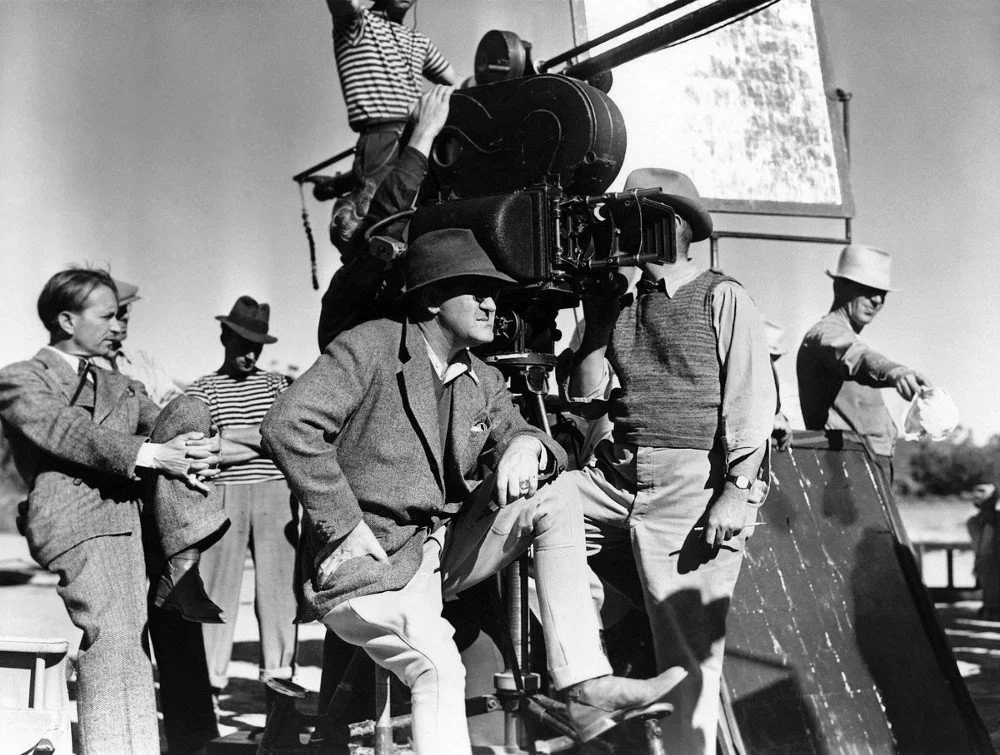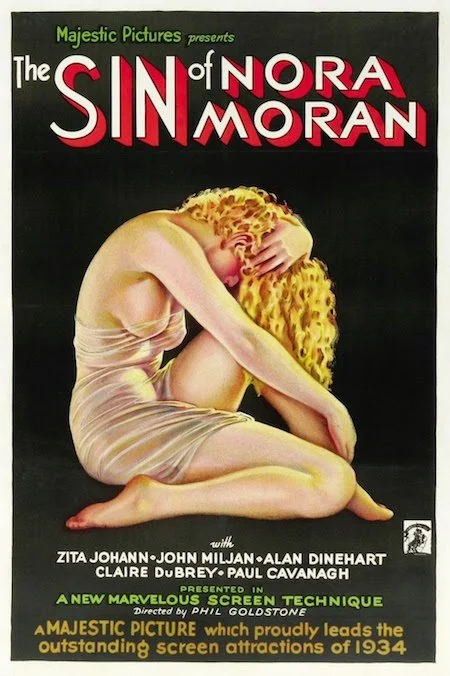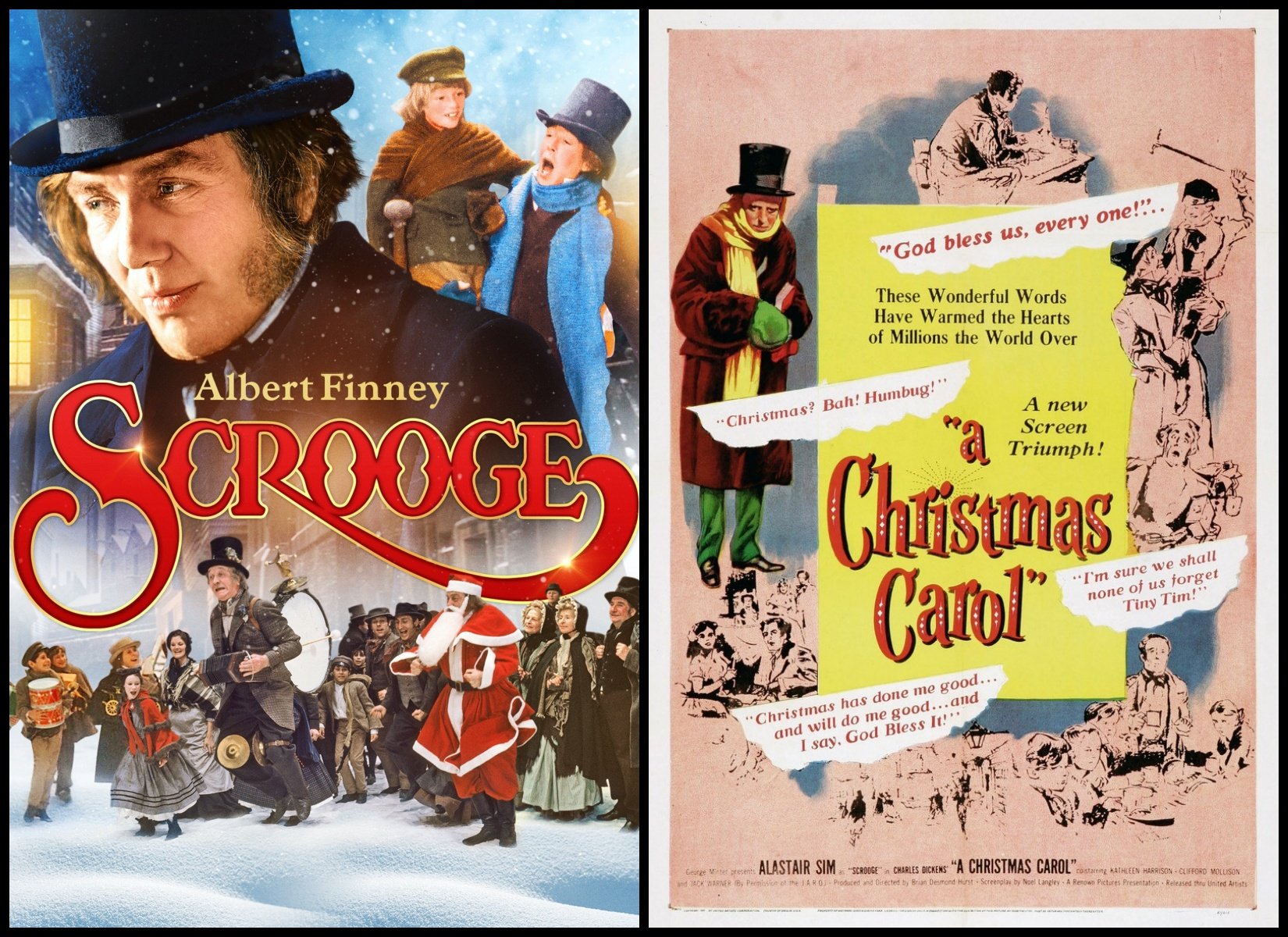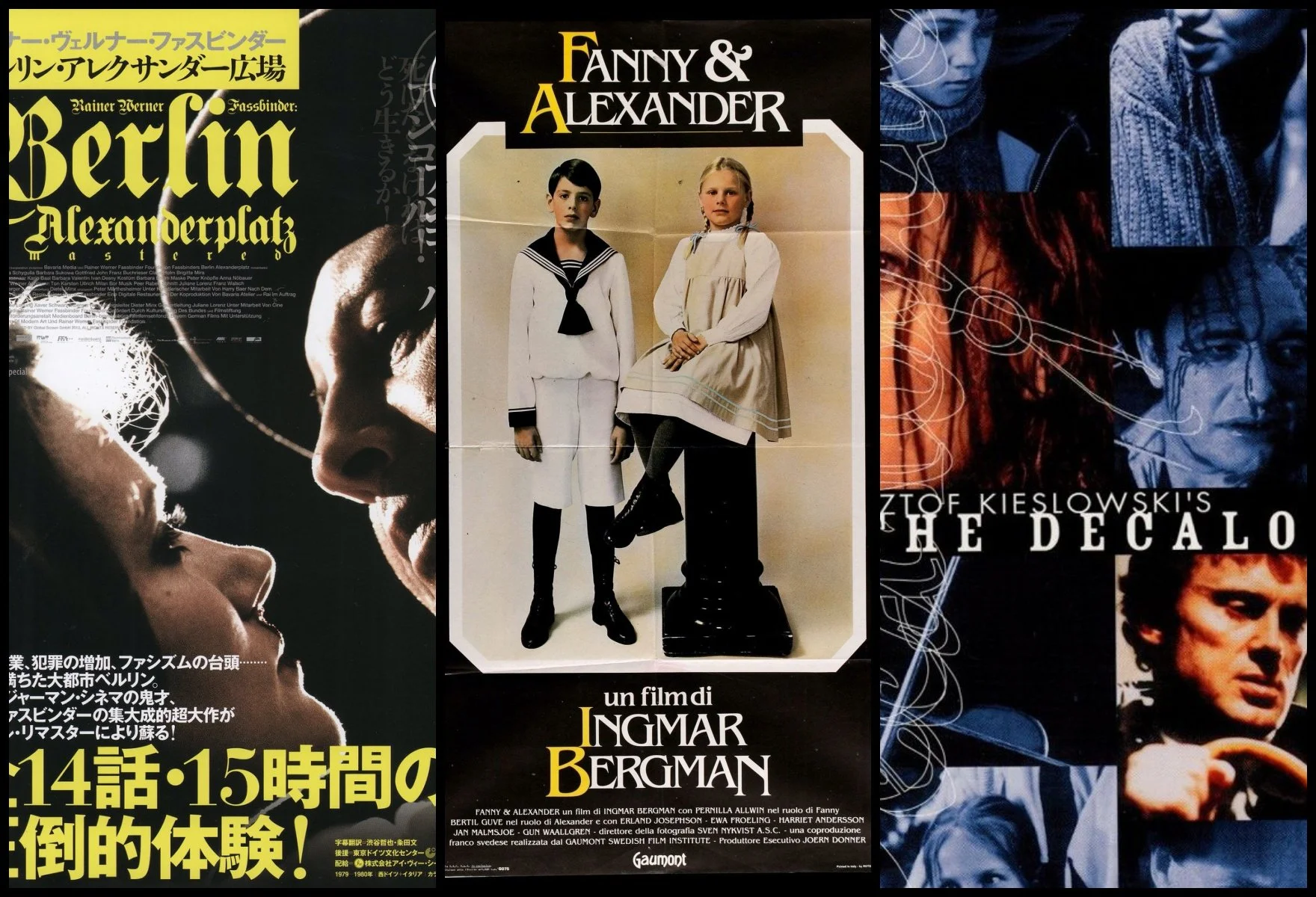Because the history of the Motion Picture Production Code has been well-covered many times over in the nebulous elsewhere, the following summary of the same here is purposefully brief but, I think, necessary to put the delightfully odd film, The Sin of Nora Moran, into some kind of context.
Briefly, a groundswell of moral panic toward Hollywood films (and personalities) of the late 1920s bred the formation of a self-regulated agency to impose restrictions on what could and, more significantly, could not be shown on cinema screens. The post-silent years before the strictures were firmly cemented is generally known as the Pre-Code Era. In this era, movies began tackling more controversial subject matter and, consequently, stretching out in their storytelling. Villains didn’t always die at the end and sometimes terrible things happened to undeserving people. Et cetera, et cetera. A counterpoint might validly contend that Hollywood was slavishly embracing ever more lurid elements to pander to their paying audiences.
The Sin of Nora Moran materializes in 1933, a breath away…
Read More












